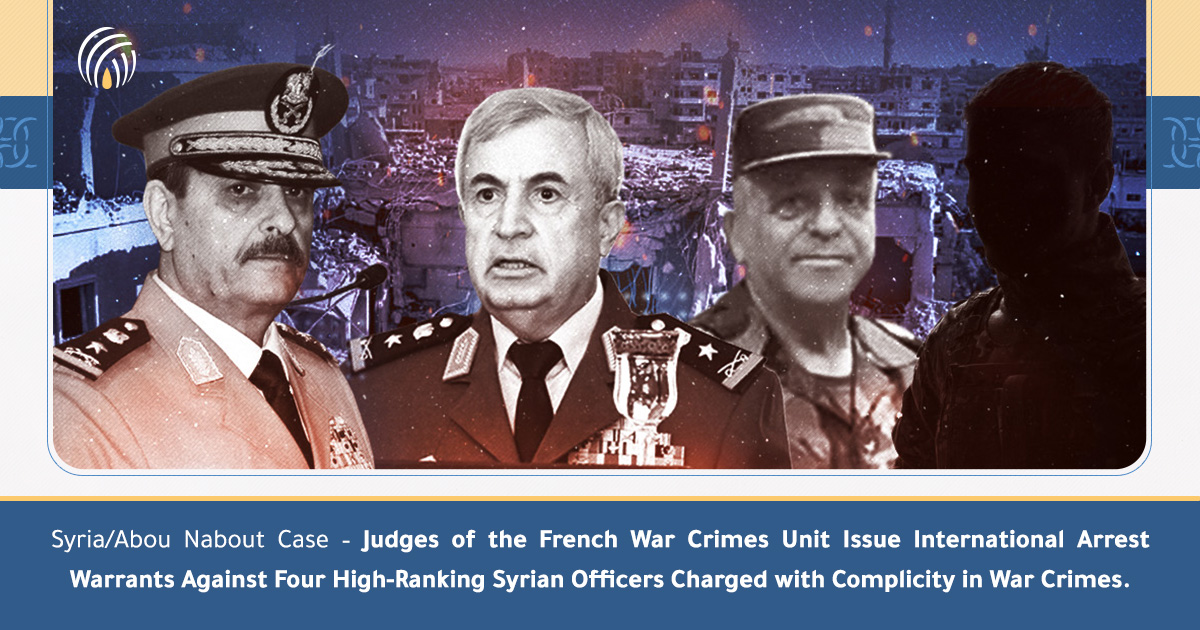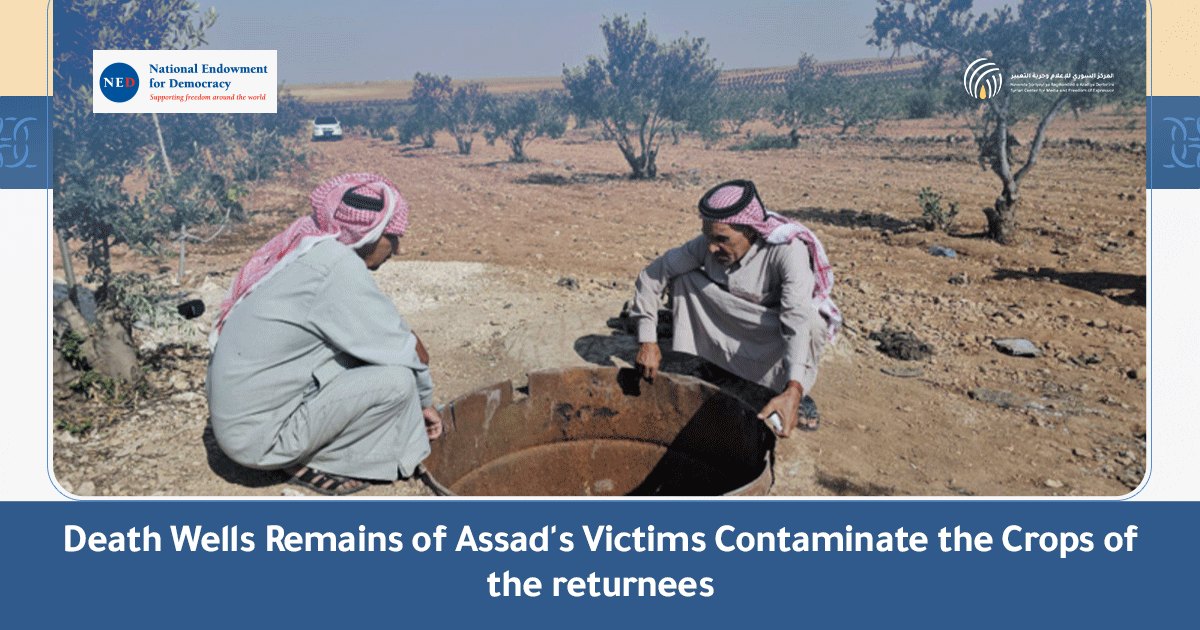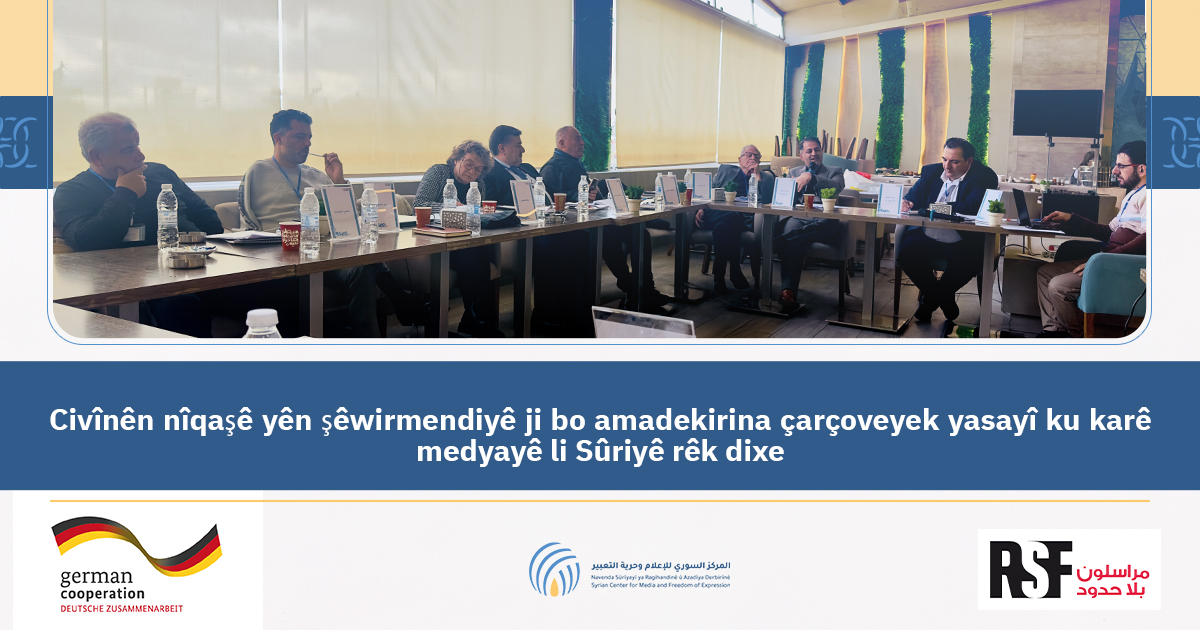Paris – 19 October 2023 The Investigative judges of the French War Crimes Unit issued yesterday, 18 October, international arrest warrants against four high-ranking Syrian officers, including two former Defence ministers, Major General Ali Abdallah Ayoub and Major General Fahed Jassem al-Fraij, in addition to the commander of the Air Force, Brigadier General Ahmad Balloul, and the commander of the 64th helicopter brigade, Brigadier Ali Safetli, for complicity in war crimes (intentionally directing attacks against the civilian population and murder of a person protected by international humanitarian law).
These arrest warrants are the conclusion of a judicial investigation, which started in 2017, initiated by Mr. Omar Abou Nabout, after the killing of his father during a barrel bomb attack carried out by Syrian government’s forces in June 2017, in the framework of the military operation led by the Syrian army against the city of Daraa, with the active support of Russia. The Syrian Center for Media and Freedom of Expression (SCM) joined the proceedings as a civil party.
Omar Abou Nabout, the victim’s son who now lives in Paris, says, “After six years of determination, I am proud of myself today because my call for accountability of war criminals and my father’s killers has become a reality. I remember well when I applied to the French public prosecutor to open an investigation into my father’s death. My goal is to prevent war criminals from impunity.”
This is the first case dealing with the crime of targeting civilians as a war crime, as well as the first dealing with the use of indiscriminate weapons such as barrel bombs. On 7 June 2017, a Syrian Air Force helicopter dropped a barrel bomb on a three-story building in the Al-Sadd Road area in the city of Daraa, home of the French-Syrian citizen, Salah Abou Nabout, which led to his death. The targeted building housed a school for children, Al Sadd (Ajyal), which was managed by a Jordanian-based NGO. Salah Abou Nabout had previously been arrested and incarcerated by the Syrian government forces between April 2013 and the summer of 2015, when he was released from Adraa prison. During his detention, his family fled to Jordan and then to France.
“Schools, hospitals, and medical personnel have been deliberately and systematically targeted by Syrian government forces for the past decade. This is the first time the judiciary has examined the role of the Syrian Air Force in targeting vital installations and using barrel bombs. These arrest warrants are a step towards accountability for these crimes and achieving justice for their victims” said Lawyer Mazen Darwish, founder and general director of SCM.
SCM actively contributed to the investigation by providing the investigative judges with names of witnesses, a large collection of photos and videos, which documented the 7 June 2017 bombing in Daraa, as well as key information on the chain of command of the Syrian air force and military. SCM also provided the mechanism for issuing and executing combat orders within the Syrian air force. It submitted to the judiciary a special study that determined the type of plane that carried out the attack (a Russian-made ME helicopter) and the airport from which it took off. It also identified the type of weapons used during the attack (explosive barrels). SCM would like to extend its thanks to all the military forces and security services defectors who provided information, Zaman al-Wasl newspaper, and Jisr newspaper.
Al Ajyal School was not the only school that was targeted in Daraa, seven other schools were also bombed during that time. Pictures and videos show the killing of a number of children in schools in the Daraa area as a result of government forces attacks backed by the Russian military.
In this context, lawyer Tareq Hokan, director of the Strategic Litigation Project at SCM said: “This is the first case that SCM is working on completely independently and without international partners. Our team prepared and built the entire case file and submitted it to the French court. It is another clear message that victims’ themselves and local organizations are the main guarantee for achieving justice and putting an end to impunity in order to build sustainable peace in Syria“.
In 2018, the French judiciary issued arrest warrants against three high-ranking Syrian security officials, Major General Ali Mamlouk, Head of the National Security Bureau, Major General Jamil Hassan, Director of the Air Force Intelligence Department, and Brigadier Abdel Salam Mahmoud, Head of the Investigation Branch of the Air Force Intelligence, for their involvement in committing crimes of torture, forced disappearance, and killing of Mazen and Patrick Dabbagh, amounting to crimes against humanity.
The Abou Nabout case comes as the first of its kind, focusing on murder and deliberate attacks against civilians, constitutive of war crimes, to be considered before the judiciary. The use of barrel bombs and deliberate attacks against civilian population have caused thousands of deaths in Syria since 2011, across the country. The widespread and ongoing nature of such crimes shows how accountability is essential to put an end to them.
“This case perfectly illustrates the courage and determination of Syrian survivors and civil society. These international arrest warrants, the first ever issued against top officials of the Syrian regime for war crimes, show that, after the historical verdict issued in Koblenz, Germany, last year, and the order issued on 29 March 2023 by French judges to send Syrian officials to trial for complicity in crimes against humanity and war crimes, the fight for accountability continues” said Clémence Bectarte, lawyer of the civil parties.
SCM welcomes the decision issued by the investigative judge of the French War Crimes Unit in the case of the murder of the Syrian citizen Salah Abou Nabout and commends the essential role of the victim’s son, as he represents a model of determination to seek justice for victims by all legal means available. Moving forward with this case, in addition to all previous litigations, represents a step forward in supporting the victims’ efforts to achieve justice, and comes within the context of working on available alternatives in order to preserve the rights of the Syrian people, and in preparation for a comprehensive national transitional justice process in the future.





